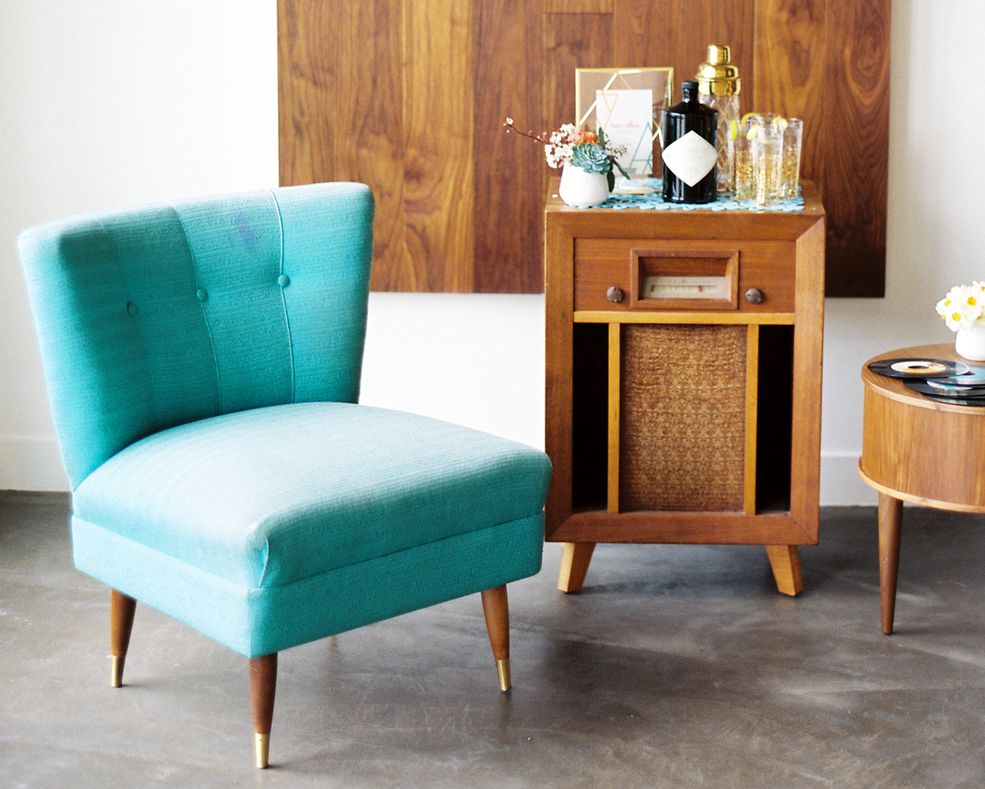:max_bytes(150000):strip_icc():format(jpeg)/Stocksy_txpb9a278afq6o200_Medium_1171534-r-50bb24724c974d649f3e8d2a1ce24384.jpg)
For me, few things compare to the thrill of hunting when frugal. Not knowing what hidden gems are waiting to be discovered is just exciting. It’s probably hard, but as The Spruce’s senior visual editor, I’d even argue that frugality is part of my job.
As a home website, The Spruce’s team is full of expert thrifters so I’m in good company. There are plenty of potentially valuable items that you should never pass up in the thrift store, but what about the items that are better left on the shelf? Read on for our editors’ advice on what they’d personally take to thrift stores.
Bedding and linen
Trent Lanz / Stocksy
For me, thrifting used bedding and bedding in general is a no-no. I live in New York, so I’m always at risk of bed bugs. I’d rather not risk bringing something into my apartment that could harbor pests.
Of course, there are exceptions. If I came across a really rare find, like a vintage tablecloth, I could put it in a plastic bag right after I bought it and take it straight to the dry cleaner before putting it in my home.
Kate McKenna, senior editor, echoes this sentiment.
“I would probably skip the used sheets and towels at the thrift store,” she says. “I’m sure they do their best to clean things before putting them up for sale, but you never know the level of care and frequency of cleaning these items received in their previous homes.”
Want more design inspiration? Sign up for our free daily newsletter for the latest decorating ideas, design tips and more!
Books
Jessica Ruscello / Unsplash
Hear us out on this: Everyone loves the look and feel of an old book, but saving them can have consequences.
“Even though I’m an avid reader, I never buy books at a thrift store,” says Associate Editor Aliyah Rodriguez. “I know it’s a great way to save money (because why are books so expensive these days?), but I just can’t get over the idea of book lice or bed bugs between my pages. And before anyone suggests putting them in freezer—I know, I just don’t want to be reading my books weeks later and the frozen bug falls out.”
(Some) Glasses
Manuel Breva Colmeiro / Getty Images
Social media editor Sara Brown says that while she loves vintage glassware, she’s hesitant to buy it at a thrift store.
“Some glassware from the past contained lead and other toxic substances,” she says. “I’d rather not buy a nice glass at the expense of exposure to harmful toxins.”
Her advice?
“If you plan on drinking from vintage glassware, be sure to test it for lead! Buy lead testing kits online and you won’t have to wonder if you’re accidentally poisoned.”
Rusty, scratched or darkened dishes
Nicolas McComber/Getty Images
“I wouldn’t take any rusty or stained dishes,” says associate editorial director Jenny Hughes. “I know you can get a lot of those clues out, but I don’t trust my deep cleaning abilities enough to do that.”
Hughes also has reservations about buying scratched pans, especially non-stick ones. Scratches can compromise the non-stick coating, potentially releasing harmful chemicals that could end up in your food.
